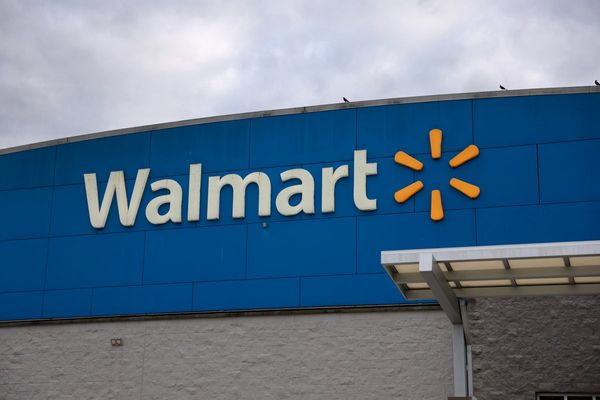Stock market indexes closed lower Tuesday after investors returned from the long holiday weekend. The Dow Jones Industrial Average fell 0.7% in early trading and dumped as low as 0.8%, before closing at the morning low.
The S&P 500 sold off 0.8%, pared losses and ended the day 0.5% below Friday's final print. The Nasdaq composite and Russell 2000 index fell nearly 1% each.
Volume was higher on the Nasdaq and the NYSE, according to preliminary data.
Crude oil fell to $86.71 per barrel after OPEC+ announced a production cut and Russia warned its Nord Stream gas pipelines will not be fully restored until Western sanctions are lifted.
Yield on the benchmark 10-year Treasury rose sharply to 3.34%.
The Innovator IBD 50 fund lost 0.4%.
Correction Or Bust?
Carl Ludwigson at Bel Air Investment Advisors draws a parallel to the 1990-91 Bush era when the stock market fell -20% and pared loses to -7%, before leaping 26% in 1991. At the same time, caution is advised if 2001's tech-bubble bear market is the right analogy, featuring numerous bull traps.
In a further sign of cooling inflation, the purchasing manager's index showed decelerating business activity in August. The PMI Business Activity Index fell to 43.7, below an earlier estimate of 44.1 and July's 47.3.
However, services grew even as prices paid by purchasing managers fell. In addition, prices fell to January 2021 levels, strongly suggesting that we may be past peak inflation.
New orders also rose, raising the possibility of growth and GDP expansion in the third quarter, according to Jeffrey Roach, Chief Economist for LPL Financial.
Beyond September, a seasonally-strong fourth quarter and midterm elections will likely boost the stock market, if history is a guide, added Jeffrey Buchbinder and Barry Gilbert, Chief Equity Strategist and Asset Allocation Strategist at LPL.
Dow Jones Leaders In the News
Verizon Communications solidified its position as the Dow income leader, raising its yield to 6.32%.
The dividend will increase to 65.25 cents from 64 cents per share, payable on Nov. 1 to shareholders of record on Oct. 7.
The telecom blue chip's announcement follows 16 years of quarterly dividend growth.
Shares remain in correction and are trading flat.
U.S. Stock Market Today Overview |
||||
|---|---|---|---|---|
| Index | Symbol | Price | Gain/Loss | % Change |
| Dow Jones | (0DJIA) | 31107.41 | -211.03 | -0.67 |
| S&P 500 | (0S&P5) | 3903.19 | -21.07 | -0.54 |
| Nasdaq | (0NDQC ) | 11530.99 | -99.87 | -0.86 |
| Russell 2000 | 178.37 | -1.72 | -0.96 | |
| IBD 50 | 27.33 | -0.35 | -1.26 | |
Last Update: 12:00 PM ET 7/27/2022 |
||||
Apple fell below its 50-day moving line. The Sept. 7 event will likely launch the iPhone 14, as well as the newest and fastest A16 chip.
CVS Health beat Dow Jones component United Healthcare and Amazon in the bid for Signify Health.ker symb=SGFY].
It will acquire the company in an all-cash deal valued at $30.50 per share, for a total $8 billion valuation.
The health care software and services company will be one of the largest CVS acquisitions since the Aetna merger. CVS fell 1% while SGFY rose fractionally.
Outside Dow Jones
Elsewhere, Nvidia continues to face serious headwinds for its data center chip business. Shares are down 24% over the last seven trading days and are at their lowest price since the March 2021 pandemic sell-off, when it closed at $133.48.
Nvidia's new AI-capable chip for data centers competes against chip veterans Advanced Micro Devices and Intel.
But last week's ban on China sales will likely put a dent in its projected $1 trillion market. A softening in gaming demand is also hurting the most highly-valued tech stock.
Shares of all three chip giants are bearing down the Philadelphia Semiconductor Index, which has fallen 1.1%.
Competitor chip giant and Dow Jones tech leader Intel is falling for the same reasons. Shares have dropped 2.1% and are at their lowest level since May 2016, when they traded at 30.23.
Intel fell more than 4% to a five-year low on Aug. 26. AMD is down nearly 20% over the same time frame.







